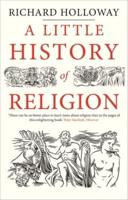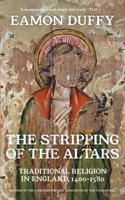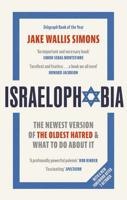Publisher's Synopsis
The Anglican Church has played a central role in helping Montreal's anglophone community deal with the social and political upheaval of post-Quiet Revolution Quebec. In times of uncertainty, threatened populations often turn to key institutions for support. Joan Marshall examines the effect of sociopolitical change on the English-speaking community's use of and relationship to the Anglican Church at both the diocese and parish level. Marshall's argument, is based on quantitative measures of attendance, membership, and financial contributions, and qualitative data derived from interviews and participant observation. Marshall examines such areas as conservatism versus willingness to change, male-female role changes and expectations, the "old order" Book of Common Prayer versus the "new order" Book of Alternate Services, and the role of music to tease out an understanding of the central role of the church vis-a-vis individuals, the parish communities, and the wider Quebec society. Her work makes a significant contribution to an understanding of how our concepts of institutions, community, place, cultural conflict, and cultural survival are interwoven.









